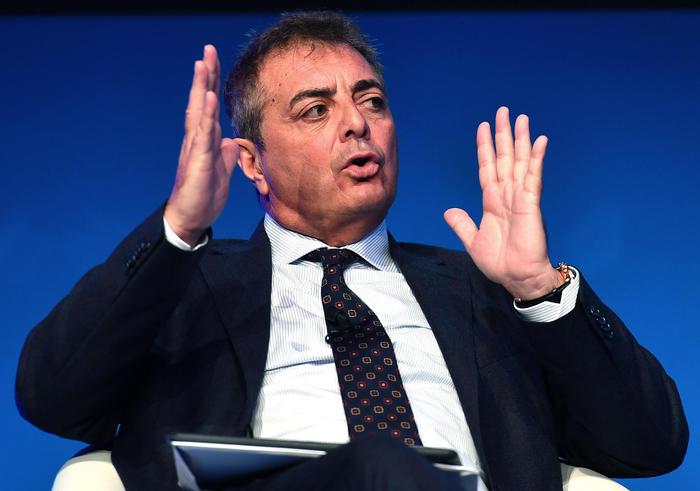The US does not yet plan to impose a vaccination passport 2:42
(CNN) -
Poll of the week: A new CBS News / YouGov poll found that 22% of Americans say they have received at least one dose of the covid-19 vaccine.
An additional 33% of Americans say they will get a dose when it is available to them, while 22% say they will.
Only 22% say they will not get vaccinated.
This survey is in line with other data on the subject.
What is the point?
America's vaccination effort is among the best in the world.
One of the few problems so far has been racial inequality in who gets the vaccine.
White Americans have received a higher and disproportionate percentage of vaccinations compared to black and Hispanic Americans.
Many politicians have claimed this is due to vaccinations by people of color.
However, a look at the survey data suggests that this may not be the case.
Lower vaccination rates may be due, at least in part, to problems with access to the vaccine.
US may need to include vaccination of minors to achieve herd immunity, says Fauci
They will announce new guidelines for vaccinated against covid-19 0:45
The YouGov poll illustrates this point well.
Among whites, 26% say they have been vaccinated, compared with 17% of black adults and 11% of Hispanic adults.
advertising
Now let's look at those who say they want the vaccine in the same poll: 41% Hispanics, 34% Black and 31% White.
This pattern is seen in other surveys as well.
An NPR / PBS NewsHour / Marist poll asked respondents whether they had been vaccinated and whether they wanted it or not.
The survey showed that 27% of white adults said they had received the vaccine compared to 17% of people of color.
But an additional 50% of people of color say they do want the vaccine, while 43% of whites say they do.
In our latest CNN / SSRS poll, whites were 11 points more likely to say they didn't want to get vaccinated at all.
Vaccine Surveys
Some polls show black doubts about vaccines, such as the Kaiser Family Foundation / Washington Post survey of healthcare workers.
However, in most polls, there is no racial gap that indicates that people of color want the vaccine less than white people.
This is very different from where we were at the beginning of the pandemic.
If you looked back at the Axios / Ipsos polls from last summer, for example, whites were consistently about 10 points more likely to say they would get vaccinated than people of color.
The question is what is causing this racial gap between people who have received the vaccine and those who have not.
Initially, I thought it could be because people of color had a difficult time navigating the systems used to enroll in vaccines.
But I'm not sure it's as simple as that.
According to the latest CNN poll, only 11% of people of color say they have tried to schedule vaccines and have failed.
It is 9% for whites.
Compare that to the 36% of people of color who say they want a vaccine and have not tried to get it.
Only 25% of white people indicated that they want the vaccine and have not tried to get vaccinated.
Global Confidence in Covid-19 Vaccine Is Rising, Survey Shows
This survey result appears to be representative of other data that I am looking at.
Surveys show that people of color do not try to register and fail.
They are not trying to sign up at all, even though they want the vaccine.
Some might call this indecision, but it could be that many people of color think that it is so difficult to get vaccinated or that the system is so unwieldy that it is not worth trying.
Part of what may be happening is that white people have easier access to the vaccine.
Alex Samuels of FiveThirtyEight, who suggested that hesitancy was not the reason for the inequity in vaccines, pointed to the lack of investment in vaccination centers in black communities.
Obviously, you would be less likely to try to enroll if you didn't think the vaccine was readily available to you.
We'll see if the effort in some states (including New York) to put more vaccination centers in black and Hispanic communities finally pays off.
For now, politicians might be wise to shift their focus from putting the blame on communities of color for not getting vaccinated.
They should try to ensure easier access to the vaccine and make sure these communities know they can get it.
Coronavirus Vaccine







/cloudfront-eu-central-1.images.arcpublishing.com/prisa/BNDSDAPADBFOPAIURFVSLRCVIA.jpg)
